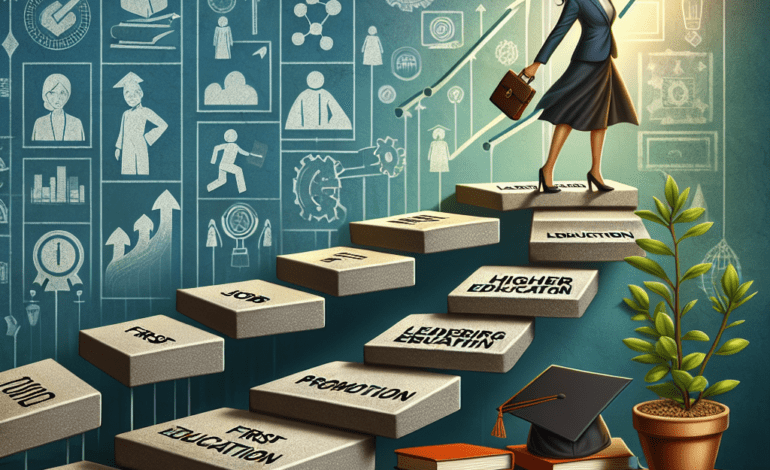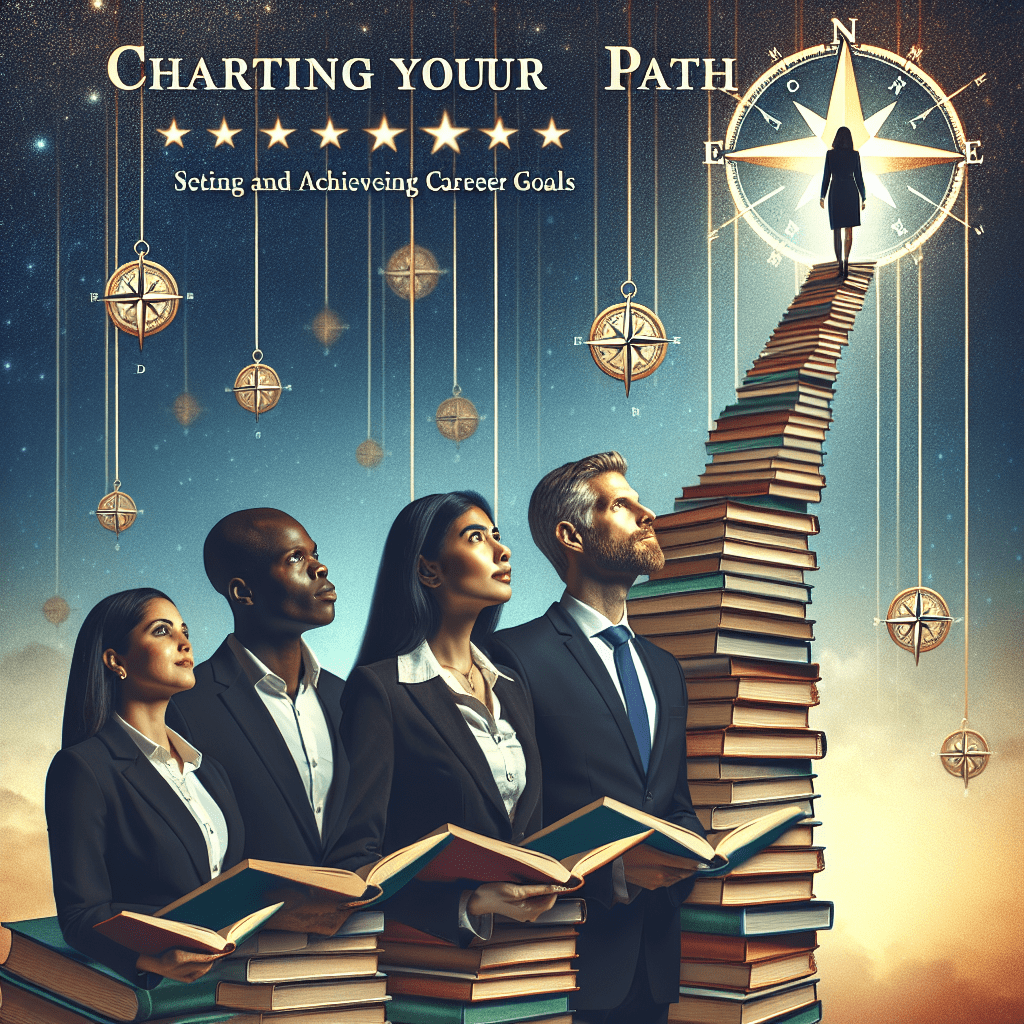Lifelong Learning: The Key to Achieving Career Milestones

Introduction
In the ever-evolving landscape of the modern workforce, the concept of lifelong learning has emerged as a linchpin for professional success. Unlike traditional forms of education that culminate with a degree or diploma, lifelong learning is a continuous process of acquiring knowledge and skills throughout one’s life. This paradigm shift is reshaping how we approach career development and achieving key professional milestones.
The Importance of Lifelong Learning
Maintaining relevance in today’s job market demands a commitment to continuous learning. Industries are rapidly changing, and new technologies and methodologies are constantly being introduced. Lifelong learning ensures that professionals remain competent, can adapt to new roles, and seize emerging opportunities.
Employers are increasingly valuing employees who demonstrate a commitment to learning. It reflects a proactive attitude and a genuine interest in self-improvement. Furthermore, the skills acquired through continuous learning can significantly boost job performance, leading to career advancement and personal satisfaction.
Strategies for Lifelong Learning
While the importance of lifelong learning is clear, implementing it can be challenging. Here are some strategies to help you get started:
- Set Clear Goals: Define what you want to achieve. Whether it’s learning a new skill or staying updated with industry trends, having clear goals will guide your learning journey.
- Embrace Online Learning Platforms: Platforms like Coursera, Udemy, and LinkedIn Learning offer a plethora of courses tailored to various interests and professional requirements.
- Join Professional Associations: Many industries have professional associations that offer workshops, seminars, and networking opportunities. Participating in these can provide valuable learning experiences and connections.
- Read Regularly: Books, journals, and online articles are excellent resources for gaining new knowledge. Dedicate time to read about developments in your field.
- Attend Conferences and Workshops: Engaging in industry conferences and workshops can provide hands-on experience and insights from experts in the field.
- Seek Mentorship: Learning from a more experienced professional can offer practical advice and guidance. A mentor can provide personalized insights and feedback that you can’t get from courses or books.
The Role of Technology
Technology plays a pivotal role in facilitating lifelong learning. The advent of the internet revolutionized access to information. E-learning platforms, webinars, podcasts, and educational apps have made it easier than ever to acquire new skills and knowledge.
Artificial intelligence and machine learning are further enhancing personalized learning experiences. AI-powered platforms can assess an individual’s proficiency in certain areas and recommend tailored learning paths. Virtual Reality (VR) and Augmented Reality (AR) are also being used in various fields for immersive learning experiences, from medical training to engineering.
Conclusion
Lifelong learning is not merely a trend but a necessity in today’s professional world. It empowers individuals to remain relevant, adaptable, and competitive. Achieving career milestones is increasingly linked to one’s ability to continuously learn and grow. By embracing lifelong learning, you can navigate the complexities of the modern job market and realize your full professional potential.
FAQs
What is lifelong learning?
Lifelong learning is the ongoing, voluntary, and self-motivated pursuit of knowledge for personal or professional development.
Why is lifelong learning important for career development?
Lifelong learning is crucial because it helps individuals stay relevant in their field, adapt to changes, and seize new opportunities, leading to career growth and satisfaction.
What are some methods for lifelong learning?
Some methods include online courses, reading books and journals, attending workshops and conferences, participating in professional associations, and seeking mentorship.
How does technology facilitate lifelong learning?
Technology makes learning more accessible through e-learning platforms, AI-driven personalized learning, webinars, podcasts, and immersive experiences using VR and AR.



